BBC Proms: Steinbacher, RPO, Petrenko / Sternath, BBCSO, Oramo review - double-bill mixed bag
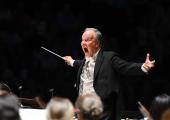

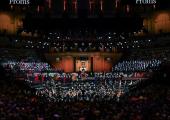
The auditorium and arena were packed – and the stage even more so, bursting at the seams with players and singers: the perfect set-up for a First Night of the Proms. This is traditionally an opportunity to programme a large-scale choral work, and last night that was Vaughan Williams’s seldom heard Sancta Civitas.
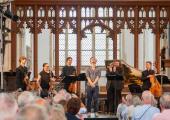
Actually it was a Thursday evening to Saturday experience, but what riches in seven concerts. The only Britten I heard was one of the Six Metamorphoses after Ovid as I approached the Red House on a hot Saturday morning, just too late for that pop-up performance, but in time for Berio. The old guard of composers made a mixed impression, but one of several highlights was to discover how imaginative the new generation is proving in six world premieres.

Not to be overshadowed by the adrenalin charges of the Budapest Festival Orchestra the previous evening, the BBC Symphony Orchestra and its Principal Guest Conductor Dalia Stasevska gave a supercharged triple whammy of masterpieces. They even had a pianist to match the Budapesters’ Igor Levit, Jean-Efflam Bavouzet. He seemed as delighted with Stasevska and the players as they were with him; the post-performance embraces spoke volumes about communicative kindred spirits.
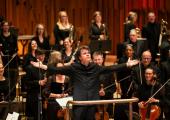
At the end of an exhausting week in which Holocaust Memorial Day struck a more urgent note than ever as fascism started tearing through the USA, parts of this concert were bound to hit hard. That they did so to the power of 100 was thanks to the extraordinary impact of Jakub Hrůša, now recognised as one of the greats by British audiences as he waits to take up the full-time reins at the Royal Opera. The BBC Symphony Orchestra burned for him in fullest focus.
“Bold, ambitious, and good for the sector.” So said Charlotte Moore, the BBC chief content officer, who currently earns £468,000, in March last year as she defended plans to close the BBC Singers as part of a package of swingeing musical cuts masked – as usual – as a high-principled strategic rethink.
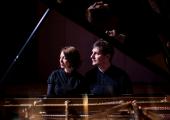
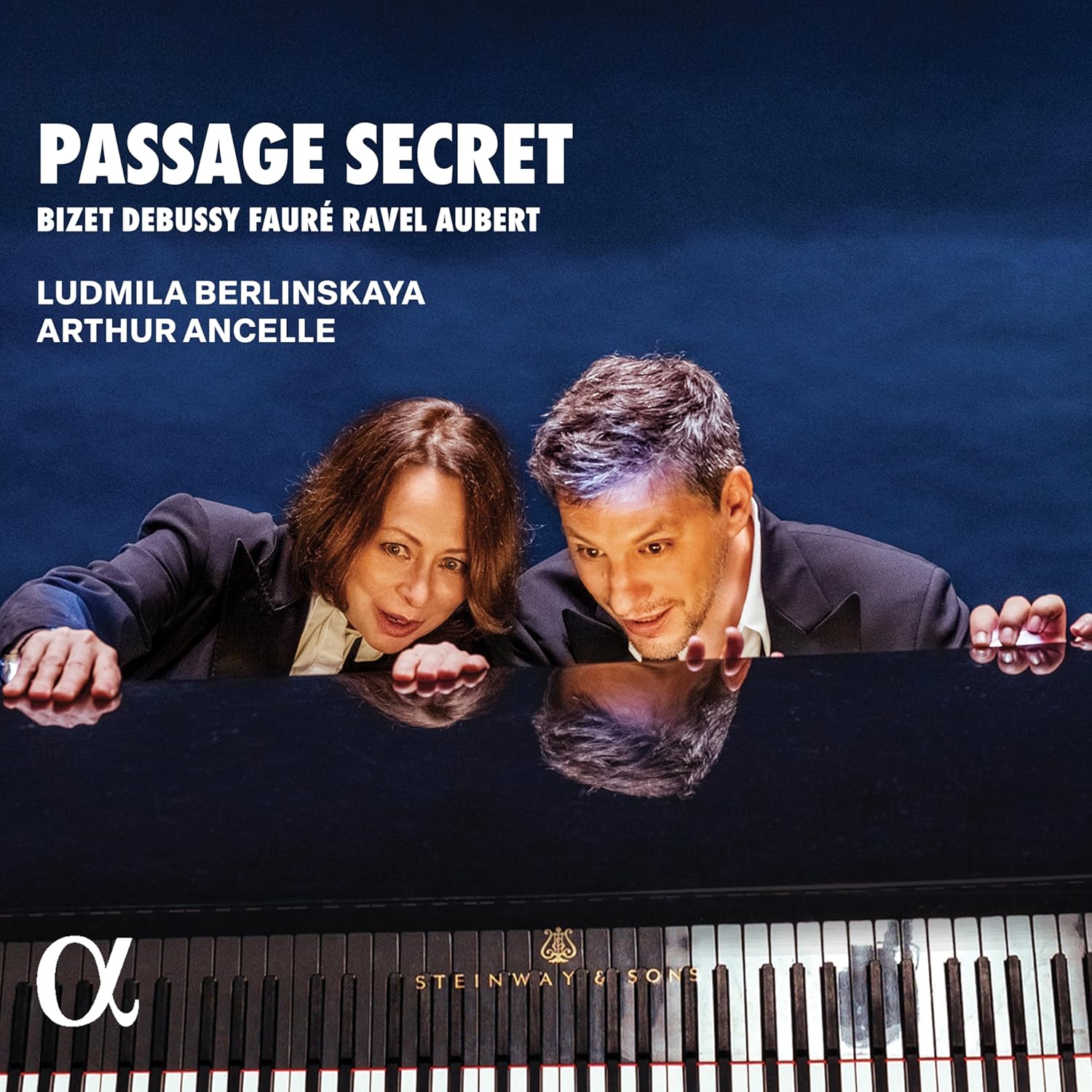 Passage Secret – music by Bizet, Debussy, Fauré, Ravel, Aubert Ludmila Berlinskaya and Arthur Ancelle (piano duet) (Alpha Classics)
Passage Secret – music by Bizet, Debussy, Fauré, Ravel, Aubert Ludmila Berlinskaya and Arthur Ancelle (piano duet) (Alpha Classics)

Dalia Stasevska is a persuasive advocate for new music, as presented on her new album Dalia’s Mixtape. She combines a puppyish enthusiasm with a salesman’s eloquence – beneath which sits a steely self-confidence in her own artistic vision. The Mixtape is a collaboration between Stasevska, the BBC Symphony Orchestra (of which she is Principal Guest Conductor) and Platoon, an artist-led label that is part of the Apple Music family. I visited their studios in north London last week to speak to Dalia about the project and what it means to her.

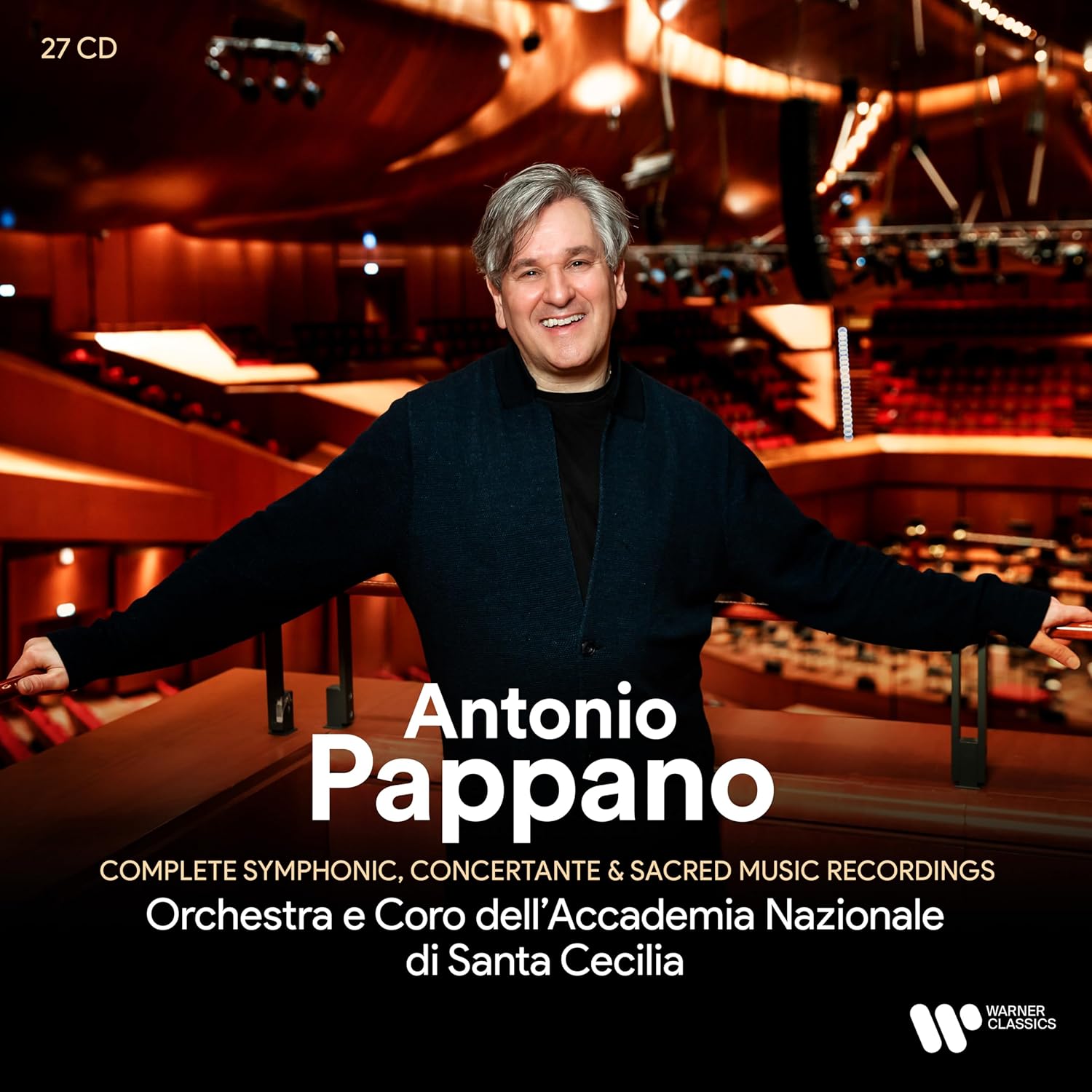 Antonio Pappano: Complete Symphonic, Concertante and Sacred Music Recordings Orchestra e Coro dell’Accademia Nazionale di Santa Cecilia (Warner Classics)
Antonio Pappano: Complete Symphonic, Concertante and Sacred Music Recordings Orchestra e Coro dell’Accademia Nazionale di Santa Cecilia (Warner Classics)
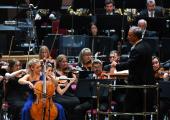
How do you get five thousand plus people into the Albert Hall to hear two Sanskrit-based rarities by British-born composers? Simple: place the Elgar Cello Concerto in between them. Here was another daring Prom programme that totally worked, not least since cellist Senja Rummukainen, compatriot of the BBC Symphony Orchestra much-loved Finnish chief conductor Sakari Oramo, proved as sensitive as him and his players to the elusive core of what's surprisingly become a popular classic.